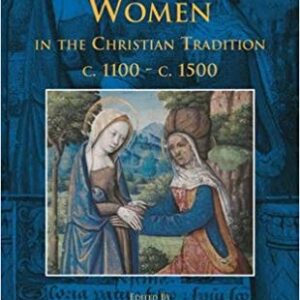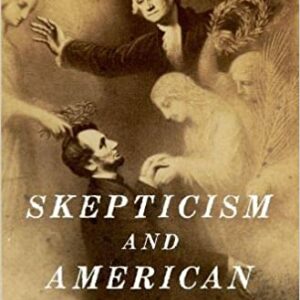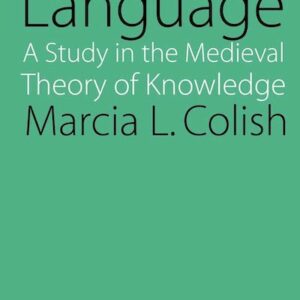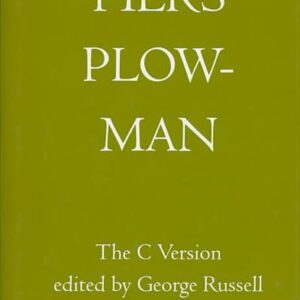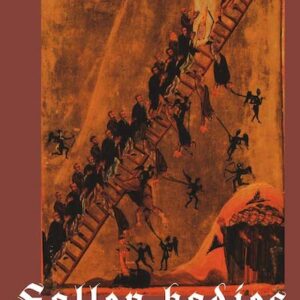
Fallen Bodies: Pollution, Sexuality, and Demonology in the Middle Ages
By Dyan Elliott (NHC Fellow, 1997–98; 2012–13) Medieval clerics believed that original sin had rendered their "fallen bodies" vulnerable to corrupting impulses—particularly those of a sexual nature. They feared that their corporeal frailty left them susceptible to demonic forces bent on penetrating and polluting their bodies and souls. Drawing on a variety of canonical and … Continued
